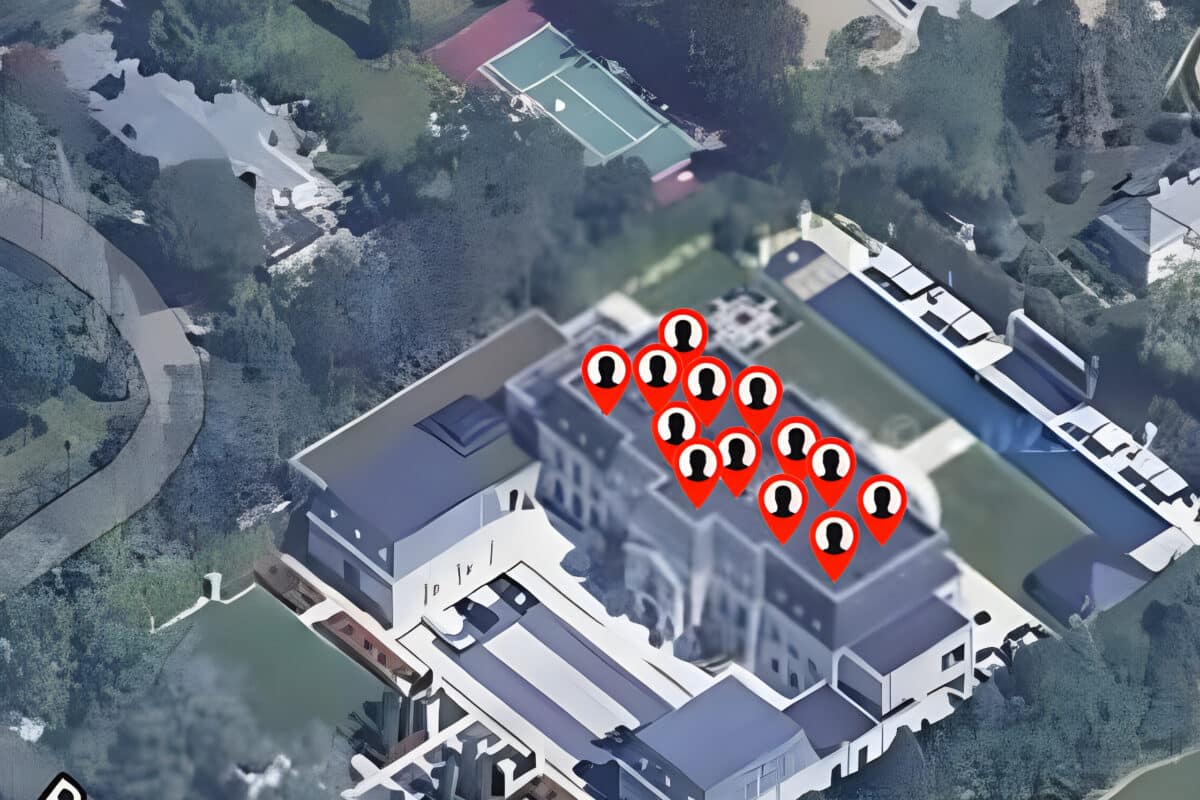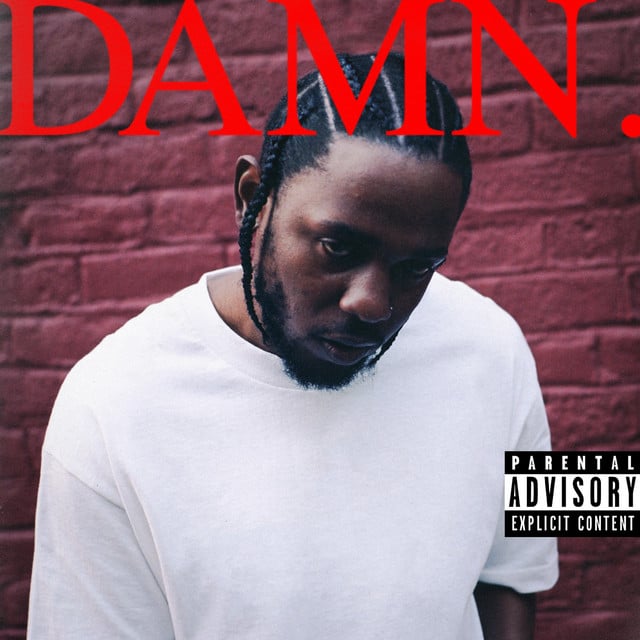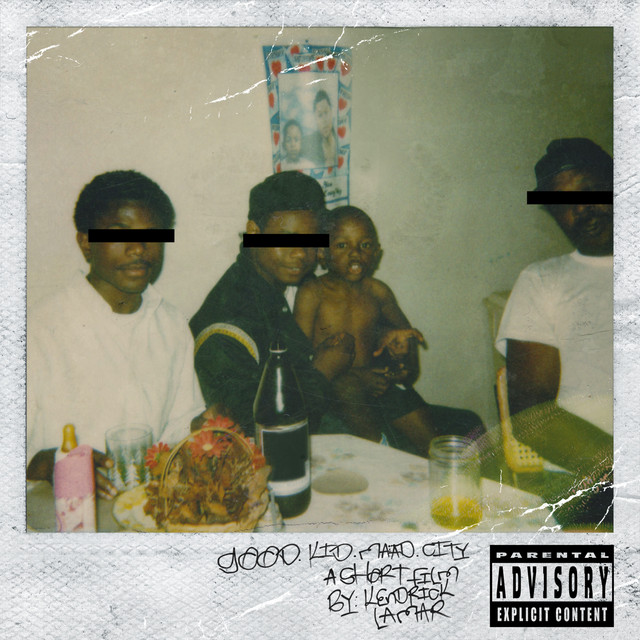Released: 2024
In “Not Like Us” by Kendrick Lamar, the general theme of the song is a critique of the cutthroat nature of the industry, misrepresentation of the rapper’s home city, Compton, and a sharp commentary on his fellow artists with sharp jabs directed at Drake.
While the lyrical narrative wanders through various topics, it persistently echoes the sentiment of being true to one’s roots and authenticity in the game.
The intro is straightforward, jutting right into the heart of the narrative with an assertive call-out to the industry, he sees ‘dead people,’ suggesting he’s surrounded by disingenuous acts. The chorus reinforces this foundational theme with the repetition of “They not like us,” a stark proclamation of difference between Kendrick and those he considers as pretenders.
The first and second verses oscillate between setting the stage for the narrative and launching attacks on these ‘jabroni-ass niggas’ trying to represent Compton, a place they’re disconnected from. There’s a biting critique of the industry’s fickle nature, with lines like “The industry can hate me, fuck ’em all,” expressing disdain for fair-weather allies. The Stockton reference potentially speaks to his unselfish approach to his craft, much like legendary NBA player John Stockton, known for his prolific assists.
The most outrageous statement is where Lamar is calling Drake a “certified pedophile” and accusing him of sleeping with Lil Wayne’s girlfriend while he was in prison.
In the third verse, Lamar delves deeper into his critique, reproving artists for trying to shape narratives and exploit audiences, potentially a jab at Drake with the line “hey, Drake, they’re not slow.” He continues with his forthright approach in the following verse and bridge, possibly targeting Drake and his OVO (October’s Very Own) team, expressing his discomfort with their predatorial behaviors and manipulations.
Verse four brings in historical aspects, alluding to the painful past of African Americans. The lyrics argue that some artists (understood to be directed at Drake), exploit and profit from the African-American community rather than supporting its growth and autonomy. This exploitation is symbolically portrayed as a ‘colonization’ of Atlanta’s hip-hop scene.
Finally, the outro ends on a rhetorical note, questioning the loyalty and authenticity of those around him, highlighting the paranoid side of fame and success. The repeated instruction to “step this way, step that way” could be seen as a critique of the puppet-like nature of artists who compromise their identity for industry demands, a further body blow directed towards Drake.
To summarize, “Not Like Us” by Kendrick Lamar is a bracing commentary on authenticity within the industry. It’s a narrative that doesn’t shy away from calling out perceived transgressions and manipulations within the hip-hop community, while also highlighting the importance of being true to one’s roots and maintaining integrity in the face of fame and success.








